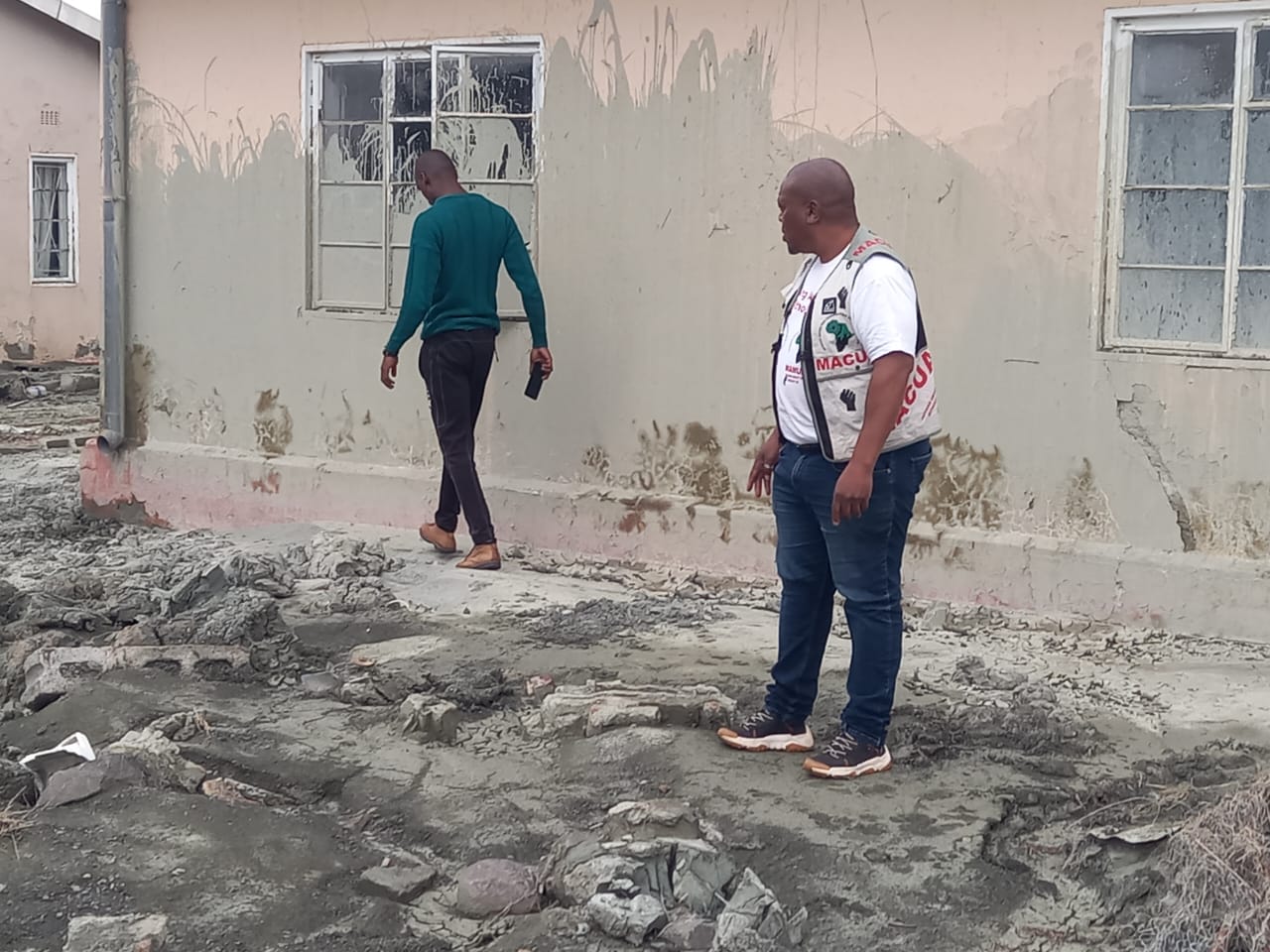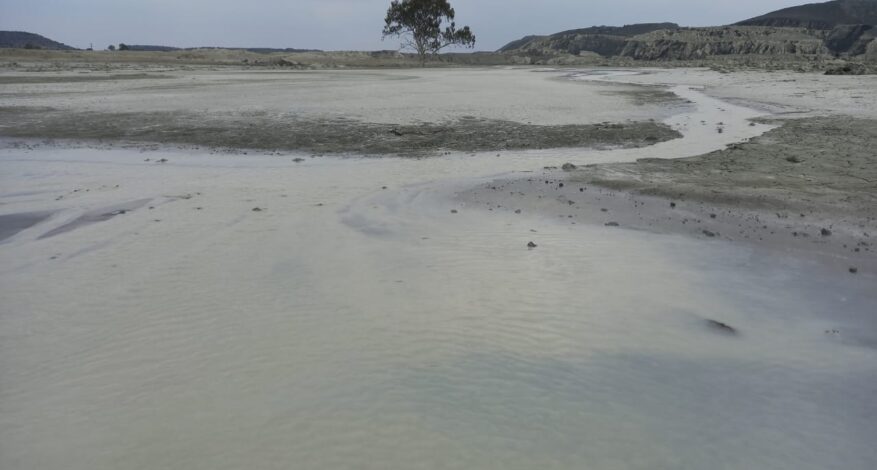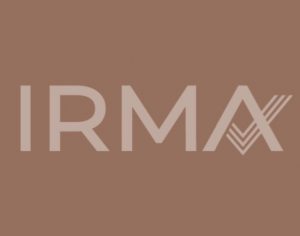What will we learn from another mine waste tragedy?
(Note: this blog appeared in the Sep 22, 2022 IRMA newsletter)
On September 11 in South Africa about 500km southwest of Johannesburg, the tailings dam failed at the Jagersfontein mine waste impoundment. Three people were killed, four more are still missing, and 40 were hospitalized.
This is a tragedy, and all the more so because it was predictable.
IRMA Board member Meshack Mbangula of Mining Affected Communities United in Action and other MACUA leaders are currently in the region, gathering the perspectives of communities. Meshack shares that some are still without water, electricity, sewage management, and with road blockages limiting children’s access to school.
From the world’s repeated recent experience with mine waste disasters, we know that poor tailings facility designs, aging facilities, and increasing frequency of extreme weather associated with climate change will combine to cause more mine waste tragedies around the world for communities living near mining operations.
We can act to minimize that threat. We join with others asking three questions:
- How can we prevent the construction of new mining waste facilities with this type of risk to fail?
- How can we provide sufficient funds for communities and governments to protect public safety from these mine waste risks even when mine ownership changes?
- The unbelievably difficult question of how to put protection of human life first at the thousands of places around the world where these dams already exist?

The disaster, and reports of years of community effort to raise concern and attention to the risks, shows the importance of ongoing community involvement in addressing a mine’s impacts – for as long as the mine’s impacts exist.
IRMA’s Standard for Responsible Mining seeks to address these issues in not only our chapter on waste management, but also chapters on emergency preparedness and response, protecting water resources, stakeholder engagement, and reclamation, closure and financial assurance. Learning from this experience will inform the update of how diverse stakeholders together define “best practices” in the IRMA Standard, due out in 2023.


